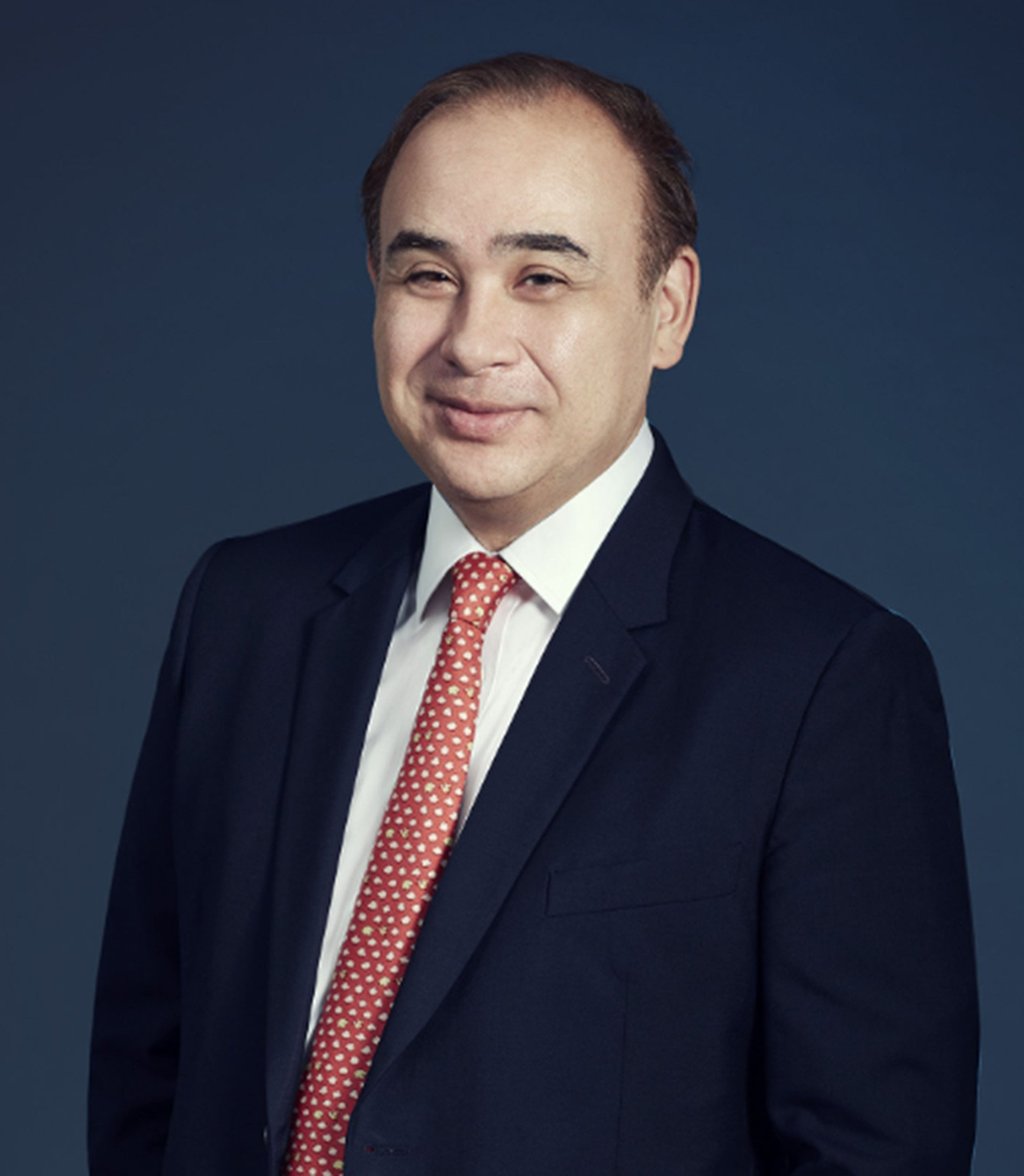Facing liquidity challenges, affluent people in Hong Kong and mainland China are increasingly turning to private lenders and using stocks as collateral for borrowing.
As public capital markets have yet to fully recover, traditional banks remain cautious about lending. Meanwhile, property market woes continue, leaving stocks as the best collateral option for some ultra-high-net-worth individuals (UHNWIs) to generate liquidity.
“The liquidity constraints felt by UHNWIs are very real,” said Gordon Crosbie-Walsh, Asia CEO at Equities First Holdings, a US-headquartered specialist finance firm. “Real estate developers are among the clients that have been hardest hit, and they have struggled to raise financing from investment banks and private banks.”
Driven by distressed developers and wealthy families in Hong Kong, the private credit market grew to at least US$124 billion in Asia-Pacific in 2023.
“The opportunity for equity-backed financing for liquidity-constrained Chinese borrowers is enormous for us and other private credit lenders,” said Hong Kong-based Crosbie-Walsh.
Lenders expect more affluent people to borrow against stocks this year as interest rates are expected to begin falling, which should boost stock performance.
“We are seeing more demand because they want a financing option with low rates that they can use for other purposes,” Crosbie-Walsh said.
Equities First extends loans based on the number of shares pledged, typically Hong Kong-listed stocks, to Chinese borrowers at a fixed rate, typically 3.5 to 4.0 per cent.
China represents at least 65 per cent of the firm’s Asia-Pacific loan deployment, which totalled around US$300 million via 45 transactions in the first seven months of this year. Its Asia-Pacific loan portfolio grew almost 2.8 times in the past four years thanks to the accelerated private credit business.
Equity holdings among wealthy people are growing too. In the second quarter, family offices in Asia-Pacific increased their allocations to equities for the third straight quarter, reaching the highest ratio globally at 40 per cent, according to a Citi Private Bank report on family office investments. The report looked at more than 1,200 single-family office clients globally with a net worth of at least US$250 million.

HSBC, one of the biggest private banks, is also seeing a resurgence of lending against marketable securities, such as stocks, among wealthy clients.
“Initially, the rise in interest rates made carry-trade less lucrative, and coupled with declining stock market prices, led to deleveraging,” said Jyrki Rauhio, head of credit advisory for Asia-Pacific at HSBC Global Private Banking.
However, as the Federal Reserve recently gave its strongest hint yet of an imminent change in policy, and as stock markets have shown improvement, “clients are once again comfortable using their stocks as collateral for project funding”, he said.
Fed chairman Jerome Powell signalled on August 23 that US policymakers are ready to reduce rates after raising them 11 times from the lift-off in March 2022 to July last year.
Clients are increasingly interested in rate protection structures such as collars, which are options used to hedge exposure to interest rate moves, Rauhio added.
Private banks, which are distinct from private credit lenders, call for careful assessment of any financing, whether it is addressing cash flow needs, financing real estate, funding investments or monetising illiquid assets.
“On top of the cost of paying the interest on a loan, which is typically higher in a high-interest-rate environment, clients should ensure that they have the financial resilience to service any additional payments required during the life of any such financing,” said Stephen Pearce-Higgins, head of Lombard and mortgage for Asia-Pacific at UBS Global Wealth Management.
He added that diversifying investments and income streams, as well as maintaining adequate buffers to withstand market volatility, are important considerations.


